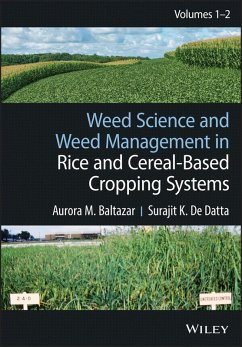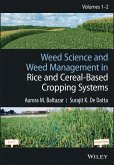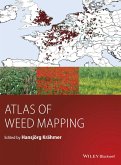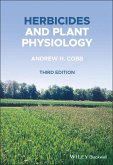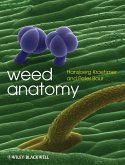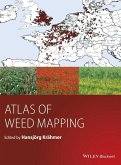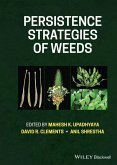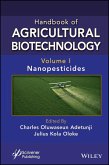The book presents discussions on: * Biology and ecology of major troublesome weeds infesting rice, wheat, corn, soybean, focusing on different cropping patterns in both tropical and temperate cropping systems and science-based weed management practices involving chemical, non-chemical, biological, integrated methods. * Herbicides used, with their most recent classification, identification of new target sites, mechanisms and modes of action and how and why weeds evolve resistance to herbicides. * New concepts, new paradigms and new technologies to manage evolution of resistance to herbicides including weed genomics, bioherbicides and allelochemicals. * Highly recommended for students, teachers, researchers, agronomists, horticulturists, crop physiologists, and crop protection specialists in tropical and temperate agricultural systems, particularly in areas where major tropical weeds are posing potential threats to temperate agricultural systems.
Dieser Download kann aus rechtlichen Gründen nur mit Rechnungsadresse in A, B, BG, CY, CZ, D, DK, EW, E, FIN, F, GR, HR, H, IRL, I, LT, L, LR, M, NL, PL, P, R, S, SLO, SK ausgeliefert werden.
Hinweis: Dieser Artikel kann nur an eine deutsche Lieferadresse ausgeliefert werden.

